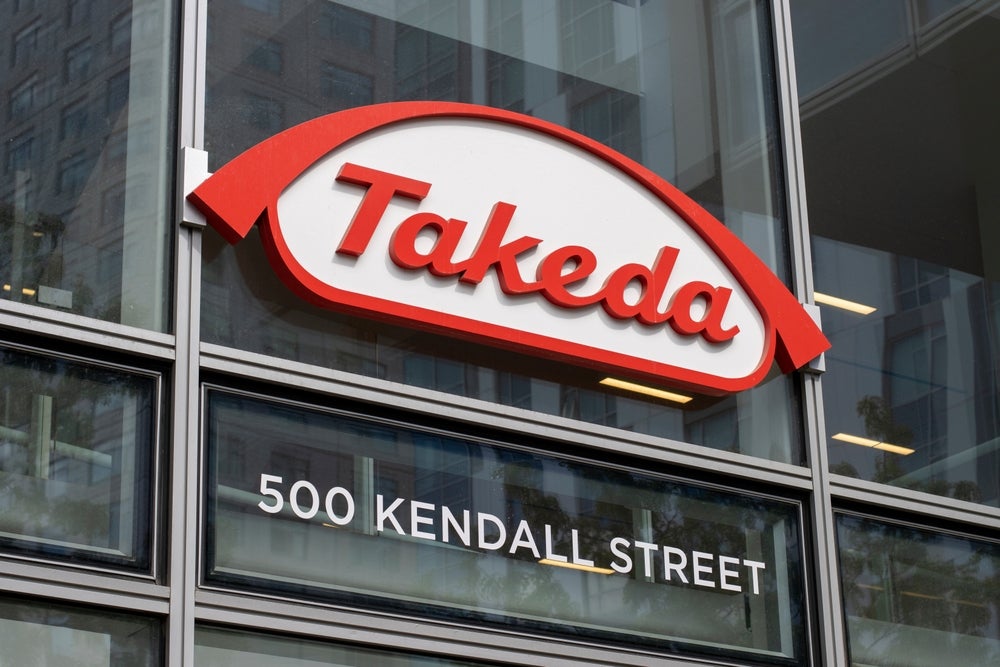
The US Food and Drug Administration (FDA) has approved Takeda’s Fruzaqla (fruquintinib) for patients with metastatic colorectal cancer (mCRC) who have undergone previous treatment.
The oral targeted therapy is indicated for patients who were previously treated with chemotherapy involving fluoropyrimidine, Sanofi’s Eloxatin (oxaliplatin), and Pfizer’s Campto (irinotecan).

Discover B2B Marketing That Performs
Combine business intelligence and editorial excellence to reach engaged professionals across 36 leading media platforms.
The patients would also have been treated with an anti-vascular endothelial growth factor (VEGF) therapy and, where appropriate, an anti-epidermal growth factor receptor (EGFR) therapy, according to an 8 November press release.
Fruzaqla was approved for use in China by the National Medical Products Administration (NMPA) in September 2018, where it is sold by Hutchmed (formerly known as Chi-Med) under the brand name Elunate. The drug is currently under review for marketing authorisation by the European Medicines Agency (EMA).
The FDA based its approval on two Phase III trials – the international FRESCO-2 study and the China-based FRESCO study. The trials compared previously treated mCRC patients who received Fruzaqla plus best supportive care compared to previously treated mCRC patients who received placebo plus best supportive care.
Results from FRESCO-2 demonstrated improvement in overall survival and progression-free survival, meeting its primary and secondary endpoints. The FRESCO trial also met its efficacy endpoints. Both trials showed consistent safety profiles.

US Tariffs are shifting - will you react or anticipate?
Don’t let policy changes catch you off guard. Stay proactive with real-time data and expert analysis.
By GlobalDataThe most common adverse reactions patients experienced were hypertension, hand-foot skin reactions, proteinuria, and dysphonia. Fruzaqla treatment also led to abdominal pain, diarrhoea, and asthenia.
Fruzaqla is a tyrosine kinase inhibitor of VEGF-1,2, and 3. Fruzaqla inhibits all three VEGF receptor kinases, blocking the activity of these factors known to play a key role in tumorigenesis. According to Takeda, the drug is the first and only selective inhibitor of all three kinases to be approved in the US for previously treated mCRC regardless of biomarker status.
The World Health Organization states that colorectal cancer is the second leading cause of cancer-related deaths worldwide. In the US, it is estimated that around 153,000 individuals will be diagnosed with colorectal cancer in 2023.
Takeda’s global oncology business united president Teresa Bitetti said: “There is a pressing need for new treatments for individuals with metastatic colorectal cancer, who have had limited options and continue to face poor outcomes.
Fruzaqla is the first novel chemotherapy-free treatment option approved for patients in the US regardless of biomarker status in more than a decade.”




